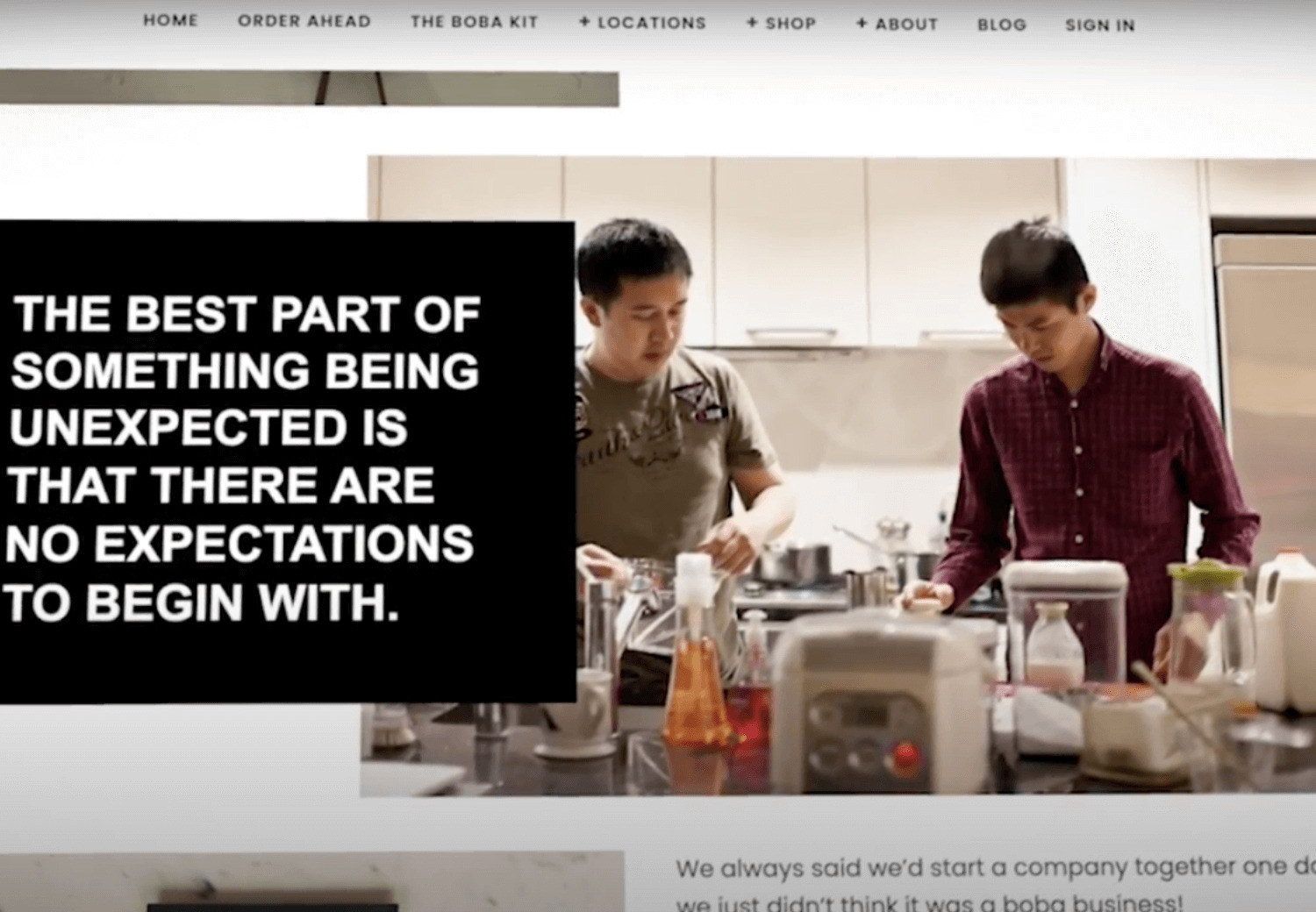Yep. And the definition in the book that I always quote is, “Radical candor is caring personally, but challenging directly.” You need both. So, because if you care personally, and you don’t challenge anybody, that’s like ruinous empathy, you’re just empathizing, but you’re not really challenging, you’re not making them better.
So, I go after both challenging directly and caring personally. And so, in a coaching method, it’s very similar to like, you have to establish the rapport and trust. So, you have to assume that you know you’re doing it in their best interests. Which some people just don’t. And you have to have enough IQ to know that that’s actually how the relationship is.
Some people will be like, “Oh, my team loves me, in real life.” If they don’t, well, you can’t actually have challenged directly, because that rapport is not there. So, I always ask my team, I can tell, how do you know? Some people are asking, “All right, Andrew, what do you mean though? How do you know?” So, I’ll get a little bit even more granular.
I will ask them questions, and based on what they give feedback on, I can tell how much of rapport we have. So, I’ll ask questions about, how was your week? Man, what’s it been like? And I’ll fish, I’ll say things related to the emotional wheel, you know that? There’s like a wheel of emotion that you can do.
So, I’ll say, “Hey, here’s a wheel, describe to me how you feel right now?” And I’m talking about 30, 40 year olds, and 50 year olds sometimes. And they’re like, “man, that’s so cheesy.” But it actually gets them to step back, and think about it objectively, and they’re like, “Oh, I’m very frustrated right now.” And I’m like, “Well, tell me about that.” And if they do that, then I know we have rapport, and then I go in if I need to challenge directly.
So, I think that’s very tactical, but some people are like, well, I don’t get how to do it. So, I’ve actually had to coach a lot of people and managers, especially young managers in my company, and young CEOs. I mentor like…I probably shouldn’t say who I mentor, but certain company brands that people know, that are getting really hot right now. When I talk to them, some are beauty brands, some are beverage brands. I tell them, they’re like, “Andrew, how?”
And I actually, another thing I do is, I role-play. So, I’ll pretend I’m their direct report, or somebody who needs coaching. And then I will say like, “well, that makes me feel really crummy.” And then they’re like, “Oh, really?” And I’m like, “Yeah, it does. You make me feel like you’re belittling me, or you make my feeling hurt.” And then they redo it, and so we do a lot of that together.



